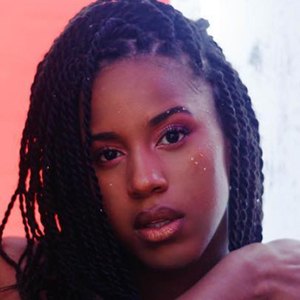
I think it’s something that we should be talking about more and as I continue creating, that is my goal. So I think that being in the middle, I’ve seen both sides and it’s always blown my mind that people aren't aware of this conversation. I’ve said this before that growing up in this industry, I’ve booked roles where I don’t necessarily feel like I’m more talented than my darker-skinned friend for the role, and I’ve also lost a lot of roles and been told that I’m not ambiguous, I’m not light-skinned enough for roles. And I think maybe my perspective is unique because being an actress I’ve been on the receiving end and also the short end of the stick when it comes to colorism. I don’t understand why we’re not talking about it more. Why was it important for you to write about this?ĪB: I’ve just always been so perceptive to it. TV: You also touch on colorism throughout the novel.

It took me a while to really write that last scene with her and her father. So I think that was the really tough part for me.

It was tough for me because I wanted to honor that reality. That’s not often the reality for a lot of people.

So often, especially in YA novels, you're expected to wrap everything up with this pretty bow, and there’s supposed to be this happy ending like it all works out in the end. But I will say that the hardest part for me to write was Tyson’s character at the end of the book. Were there any characters that were particularly difficult to write?ĪB: I wouldn’t necessarily say a character was hard to write, I actually enjoyed writing a lot of them. TV: Jamaica is often seen as this idyllic vacation destination, but you pull the curtain back and show us this family in the countrywide full of trauma, secrets, scars. So I think it means changing the way that we talk about girls in terms of sexuality, and just really celebrating them as they begin to discover that. I wanted young readers to read it and be able to celebrate their own innate sexuality and pleasure. But I also think there needs to be a celebration of sexuality for young women, and that’s why even with this book, it was so important to me to be intentional about the way that I wrote the sex scenes or the more sexual scenes. I think we always hear about this idea of removing shame from the dialogue, and I think that’s so important. What changes still need to be made with the conversation about women and sexuality?ĪB: That’s a great question. TV: One of the themes of the novel explores how a young woman’s sexuality is scrutinized while the male characters don’t receive that same judgment.


 0 kommentar(er)
0 kommentar(er)
